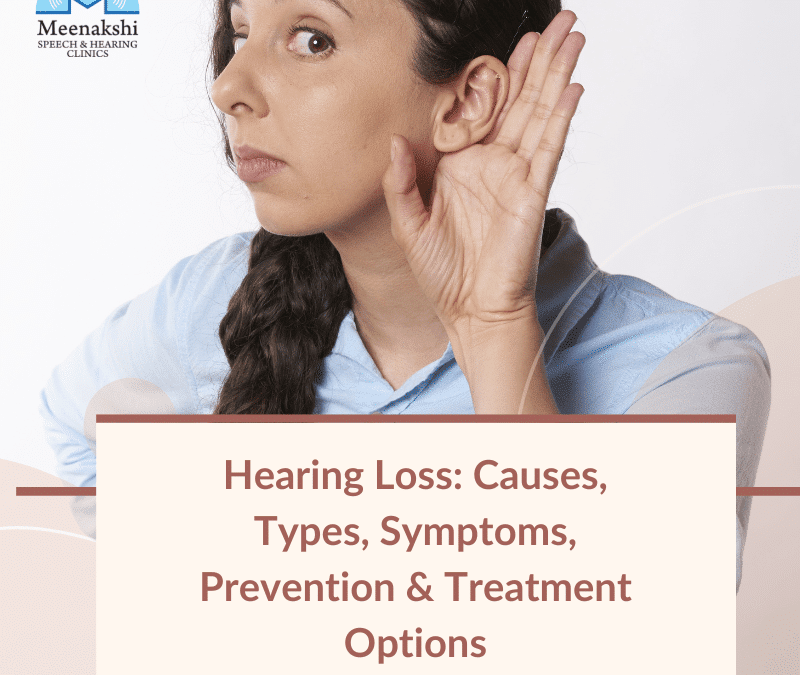Hearing loss is usually a consequence of aging or loud noise. But new research has shown otherwise. A study done in 2017 by the University College London, a recent study linked hearing loss to diabetes.
Another potential contributor is smoking. The National Health and Nutrition Survey reported that people who smoke are more likely to have some degree of hearing loss, which can manifest as tinnitus, than those who don’t smoke.
Do you know anyone who suffers from hearing impairment? Perhaps it is you? Say hello to the 11 million people in the US who are experiencing some degree of hearing impairment and do not wear any type of ear protection on a regular basis. Hearing assists like hearing aids and implants make life easier for them because with these devices they can lead more fulfilling lives regardless of whether they are dealing with conditions like Asperger Syndrome or tinnitus.
This seems only logical because even though these devices cost between $4000-$6000 dollars, their benefits easily justify the price tag if given adequate time
The common types of hearing loss are deemed enough to be diagnosed as such for a potential treatment to be available because there are a variety of factors and categories that contribute to hearing loss.
Some of the most common causes for different types of hearing loss according to the Council on Hearing Aid Services and Manufacturers (CHAM) are loud noises, genetics, injury or infection, middle or inner ear inflammation or cancer.
Hearing loss is the partial or total inability to hear. For some, it is just a minor annoyance, while others may choose more invasive methods of treatment – such as hearing aids or surgery.
The United States Agency for Healthcare Research and Quality lists three major types of hearing loss: Hearing Loss from Injury, Acoustic Neuroma/vestibular Schwannoma/acoustic neuroma, and Non-Acoustic neuroma. They also list several other possibilities that can create hearing difficulties including nerves or blood vessels being injured (called acoustic neuropathy) and neuralgia of trigeminal nerves. There are many different instances that could cause a person to experience hearing problems, from sound pressure use (too high volume among radios sounds too loud), an injury on the ears such as noise trauma due to too loud music at a concert or workplace accidents causing falls damaging the inner ear, audio tumors like acoustic neuromas in which they are two types one containing acoustic neuromas also
Poor decisions about hearing protection in the workplace or recreational exposure can lead to trouble. This guide is a crash course outlining some of the most important things to do in the next 10 minutes that can help prevent hearing loss.
Some actions that can help us prevent hearing loss are:
– Reducing noise levels in your work environment by using earplugs and quieter equipment
– Getting yourself tested for various types of hearing loss, such as tinnitus management and hyperacusis
Check our Latest Update on Instagram

